Athletes Mental Health Matters

Introduction to Athletes’ Mental Health
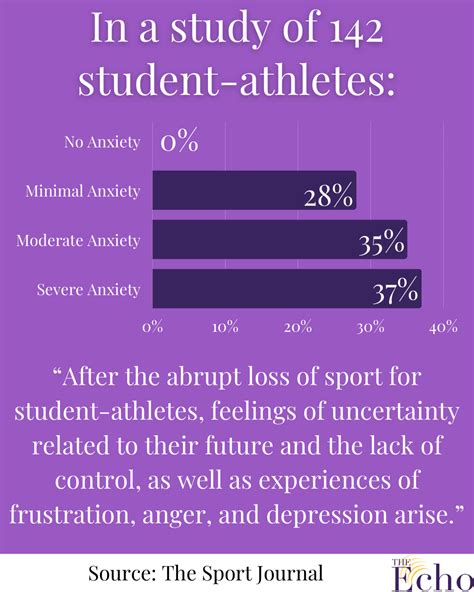
The world of sports is highly competitive, and athletes often face immense pressure to perform at their best. While their physical health is always a top priority, their mental health is equally important. Athletes’ mental health matters because it can significantly impact their performance, relationships, and overall well-being. In recent years, there has been a growing awareness of the importance of mental health in sports, with many athletes speaking out about their struggles with anxiety, depression, and other mental health issues.
The Pressure to Perform

Athletes are often expected to be strong and resilient, both physically and mentally. However, this pressure to perform can take a toll on their mental health. The constant scrutiny and criticism from coaches, teammates, and fans can lead to feelings of anxiety and self-doubt. Additionally, the fear of injury or failure can be overwhelming, causing athletes to feel overwhelmed and stressed. Many athletes struggle to cope with these pressures, and it can affect their mental health in the long run.
Common Mental Health Issues in Athletes
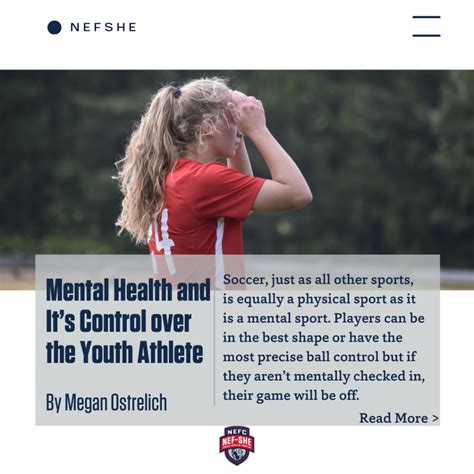
Athletes are susceptible to various mental health issues, including: * Anxiety: Athletes may experience anxiety due to the pressure to perform, fear of injury, or fear of failure. * Depression: The intense physical and emotional demands of sports can lead to depression in athletes. * Eating disorders: Athletes may develop eating disorders due to the pressure to maintain a certain body shape or weight. * Substance abuse: Athletes may turn to substance abuse as a way to cope with stress, anxiety, or other mental health issues.
Importance of Mental Health Support
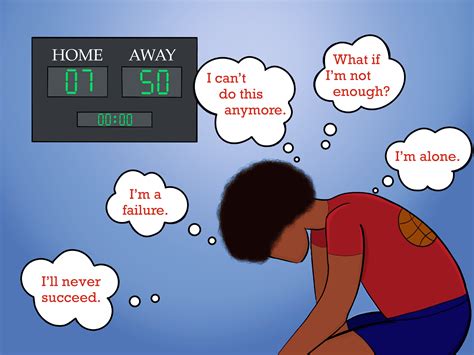
Providing mental health support to athletes is crucial for their overall well-being. Mental health support can help athletes: * Develop coping strategies to manage stress and anxiety * Improve their performance and productivity * Enhance their relationships with teammates and coaches * Maintain a healthy work-life balance * Seek help when needed, without fear of judgment or stigma
Breaking the Stigma
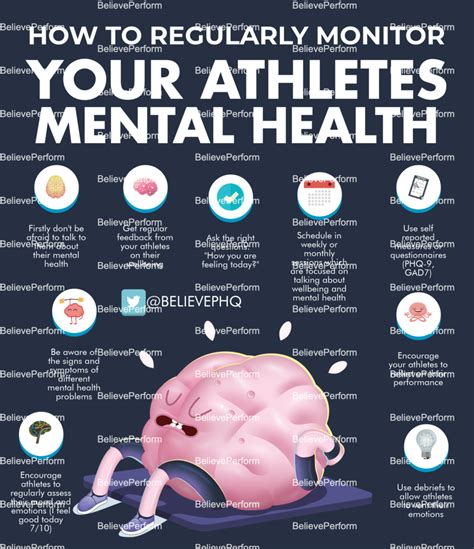
There is still a stigma surrounding mental health issues in sports. Many athletes are reluctant to speak out about their mental health struggles, fearing that it may be seen as a sign of weakness. However, breaking the stigma is essential for creating a supportive environment where athletes feel comfortable seeking help. By speaking out and sharing their experiences, athletes can help normalize mental health discussions and encourage others to do the same.
Creating a Supportive Environment

Creating a supportive environment is critical for athletes’ mental health. This can be achieved by: * Providing access to mental health resources, such as counseling and therapy * Encouraging open communication about mental health issues * Fostering a positive team culture that promotes mutual support and respect * Offering education and awareness programs to help athletes understand mental health issues
Table: Mental Health Resources for Athletes

| Resource | Description |
|---|---|
| Counseling | One-on-one therapy sessions to address mental health issues |
| Support groups | Group therapy sessions to connect with others who share similar experiences |
| Mental health apps | Mobile apps that provide mental health resources and support |

💡 Note: Athletes should prioritize their mental health and seek help when needed, without fear of judgment or stigma.
As the sports world continues to evolve, it is essential to prioritize athletes’ mental health. By providing mental health support, creating a supportive environment, and breaking the stigma surrounding mental health issues, we can help athletes thrive both on and off the field. In the end, athletes’ mental health matters, and it is our responsibility to ensure that they receive the support they need to succeed.
In wrapping up this discussion, it’s clear that the mental health of athletes is a critical aspect of their overall well-being. By acknowledging the importance of mental health and providing the necessary support, we can help athletes perform at their best while maintaining a healthy and positive mindset. This, in turn, can have a profound impact on their relationships, performance, and overall quality of life.
What are some common mental health issues in athletes?
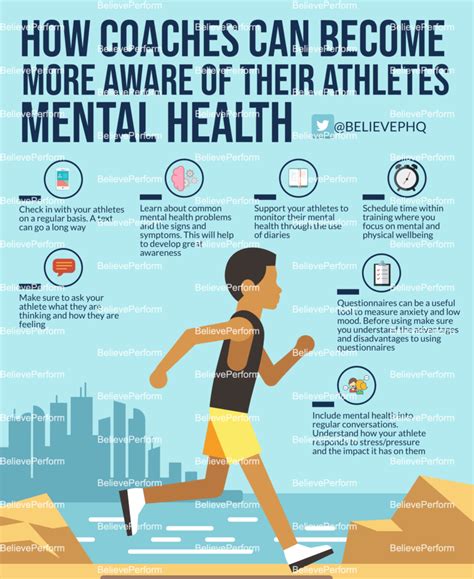
+
Athletes are susceptible to various mental health issues, including anxiety, depression, eating disorders, and substance abuse.
Why is it essential to break the stigma surrounding mental health issues in sports?
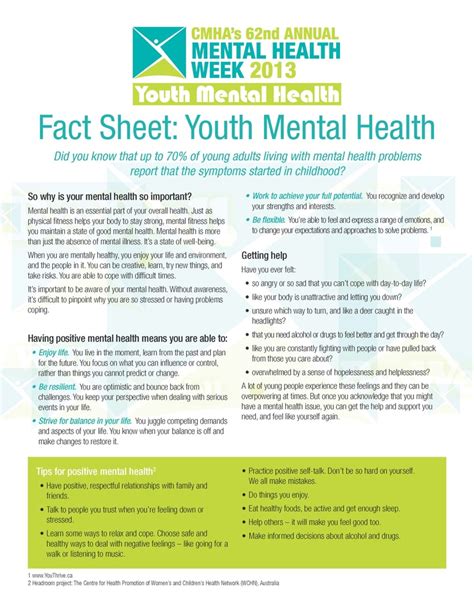
+
Breaking the stigma is essential for creating a supportive environment where athletes feel comfortable seeking help. By speaking out and sharing their experiences, athletes can help normalize mental health discussions and encourage others to do the same.
What can be done to create a supportive environment for athletes’ mental health?

+
Creating a supportive environment can be achieved by providing access to mental health resources, encouraging open communication, fostering a positive team culture, and offering education and awareness programs.
Related Terms:
- Athletes mental health statistics
- Pro athletes mental health
- Athletes mental health articles
- Student athletes mental health
- Athletes with mental health issues
- Athlete mental health awareness



